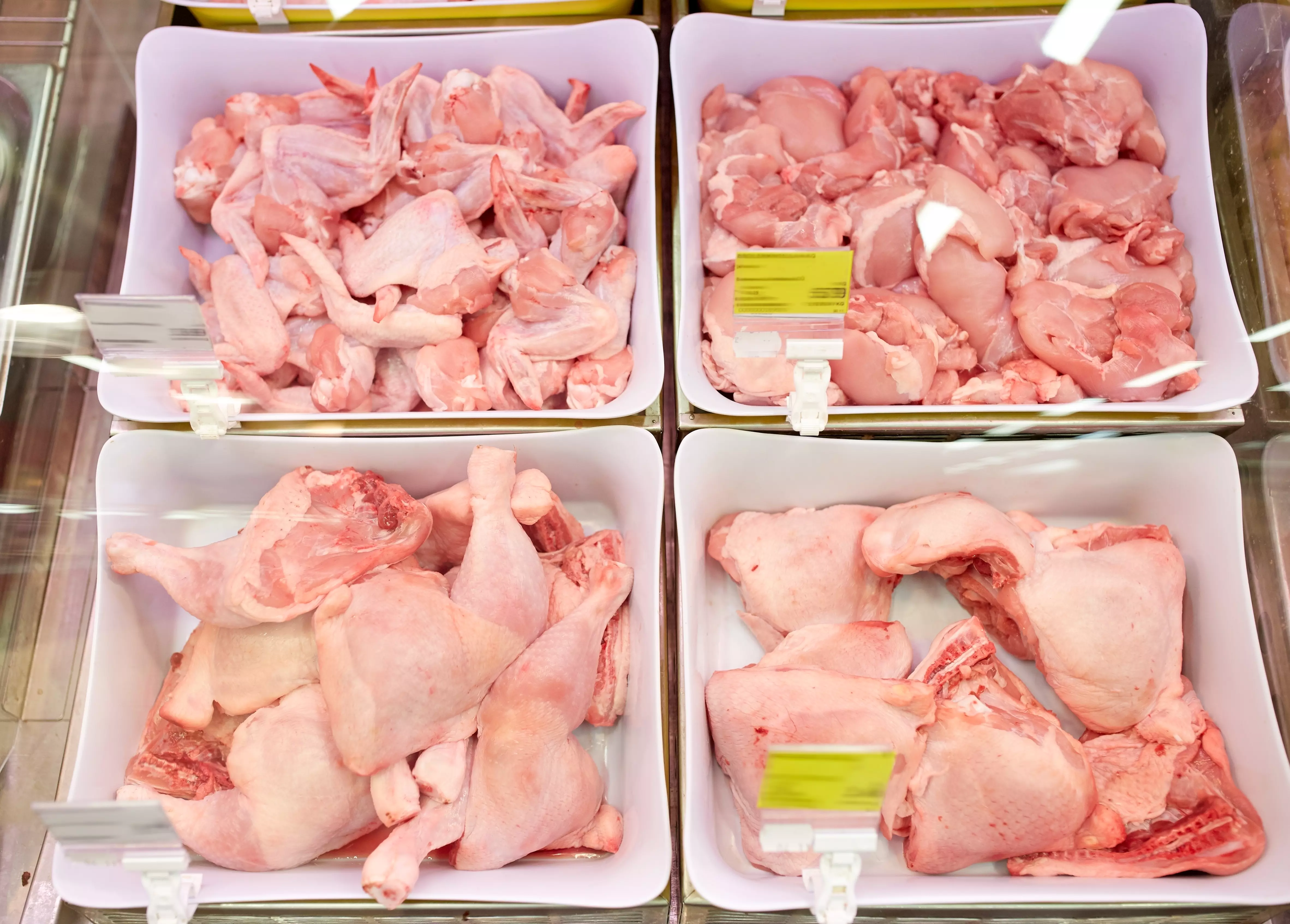Bird flu and financial losses in the poultry industry
Bird flu and financial losses in the poultry industry
Bird flu viruses pose a serious threat to poultry farming around the world. Their outbreaks can lead to significant financial losses for poultry producers, both small and large, and affect the global poultry meat market. In this article, we will take a look at the impact of avian influenza on the poultry farming sector and outline possible precautions that can help minimize the risk of financial losses.
What is bird flu and how does it spread?
Avian influenza, also known as bird flu, is a viral infectious disease that mainly affects birds, both wild and farmed. Avian influenza viruses can be transmitted by migrating birds, direct contact between birds or their secretions, and through contaminated surfaces and objects. The disease has many varieties, some of which can be dangerous to humans.
It is important to monitor the epidemiological situation and effectively manage poultry farms to prevent the spread of the virus. Countermeasures include measures such as isolating potentially infected birds, maintaining hygiene in breeding facilities, restrictions on the trade of birds and introducing vaccination programs for animals.
Financial implications of avian influenza
In the event of an outbreak of avian influenza in poultry farms, the financial impact can be severe, affecting both producers and consumers. The reasons for these financial losses are multiple:
1. Death and slaughter of birds
When an infected poultry flock is detected, it is necessary to slaughter all birds to stop the spread of the virus. The loss of such a large flock can lead to significant economic losses for producers, who lose their investment in poultry.
2. Decline in poultry meat consumption
Fears of avian influenza infection could cause a drop in consumer consumption of poultry meat. This in turn leads to overproduction and oversupply of poultry meat on the market, which affects prices and profits for producers.
3. Foreign trade restrictions
Often after an outbreak of avian influenza is detected, countries impose restrictions on poultry meat imports from the region affected by the virus. This can lead to restricted access to foreign markets for poultry producers, which has a negative impact on their income.
4. Increased production costs
The introduction of preventive measures in poultry farms, such as vaccination programs, increased hygiene requirements and epidemiological control, can lead to increased production costs for farmers. This, in turn, puts a strain on their profitability.
How to minimize financial losses?
To minimize financial losses from avian influenza, poultry farmers can implement certain precautions:
1. Use preventive measures
Breeders should be aware of the threat of avian influenza and use all possible preventive measures on their farms. This includes maintaining cleanliness, isolating new birds, limiting access of wild birds to the flock, regular health checks, etc.
2. Vaccination programs
Introducing vaccination programs for breeding birds can reduce the risk of avian influenza infection and the impact on the profitability of poultry farming. Consult your veterinarian to determine the optimal vaccination schedule for your flock.
3. Production diversification
In order to minimize the financial risks associated with avian influenza, farmers can consider diversifying their operations. This means expanding production to other animal species or to other food products, such as eggs or meat meal.
4. Monitor the epidemiological situation
Breeders should keep abreast of the epidemiological situation of avian influenza both in their area and in export markets. This will enable them to react quickly if an outbreak of the virus is detected and take appropriate preventive measures.
Summary
Bird flu is a serious threat to poultry farming, which can lead to significant financial losses for producers. It affects not only their income, but also the global poultry meat market. Implementing effective precautions such as maintaining cleanliness of farms, vaccination programs, diversification of production and monitoring the epidemiological situation is key to minimizing the risk of financial losses from avian influenza.